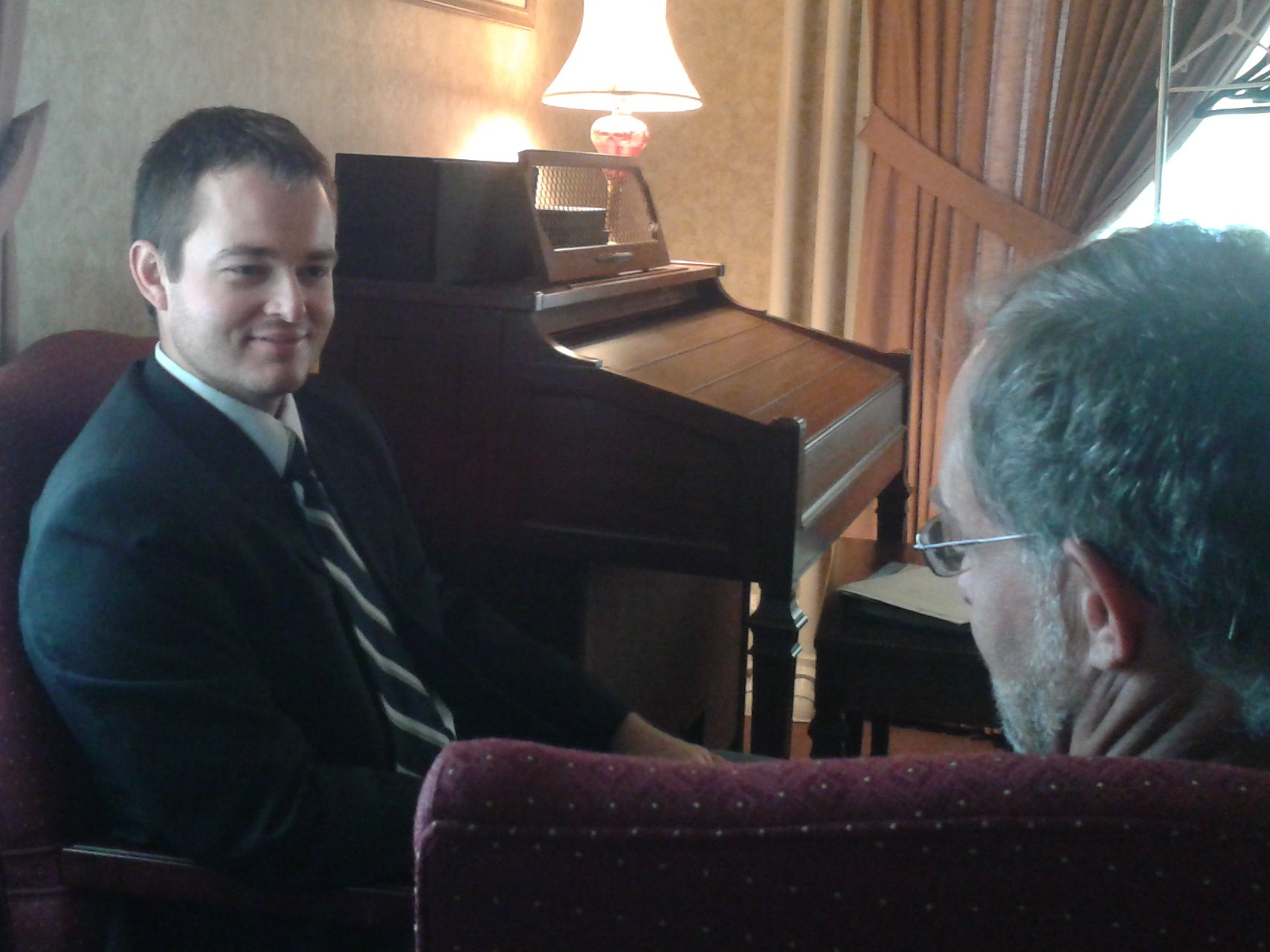The Director
The position of the funeral director has been expressed under various titles such as mortician or undertaker. It is a profession that involves the action of giving a person their last rites.
The director is licensed in funeral services, such as the removal of the deceased from the location of initial death, the filing of death certificates, counselling for survivors, directing funeral ceremonies according to the traditions and the wishes of the family members, and helping the family with the filing of death benefits, among other things.
History
Although it may not have had the title of funeral director, the profession has been around since life started and death began. If a person dies, and someone is in charge of properly disposing of the body, then that someone is a female funeral director. In the past, many funeral homes were family businesses, where for the most part one to two families are the sole owners and operators and the business was passed down through the generations. This wasto give customers the feeling of a family atmosphere.
Unfortunately, the directorwas thought of a as a dark profession that was not revered in the community for the most part. This was due to nature of the task, dealing with death and despair, thus the title undertaker was adopted. One of the first undertakers in Melbourne was not specified, but surfaced around January of 1839. He was thought to be either a blacksmith or a carpenter joiner. One of the well-known undertakers of the time was Mr Thomas Jennings, whom first had a small crude hearse “cart” parked in his store yard. Later, in 1853, W. G. Raven was established, and they are still known today.
Today’s Funeral Director
In the since of today’s world the term seem to have a more pronounced meaning. Those that are acting as a directorof funeralshave the task of ensuring that the deceased is treated with the respect and dignity that they deserve in their last days. The director not only has the responsibility to the deceased, but he or she also has the responsibility to the surviving family and friends.
The profession of funeral director was once male dominated, but women are slowly moving into the business. In fact, in the US, 57 percent of current mortuary science majors are women. In some cases, students that pursue mortuary science as a degree do not have families that are in the funeral service.
Funeral directors will always be a part of society, because in the end there are always people that are dying. It is a growing profession that will most likely continue to grow in the future. There will always be a need for a funeral director that offers consolation for those who are saying goodbye to loved ones.




